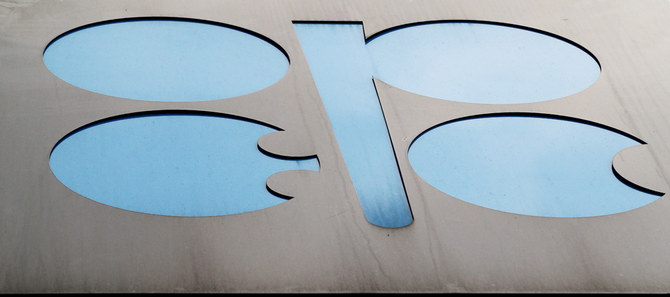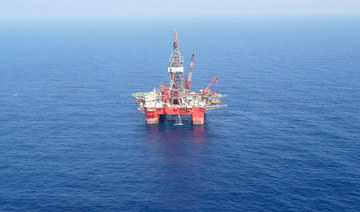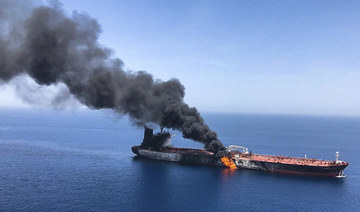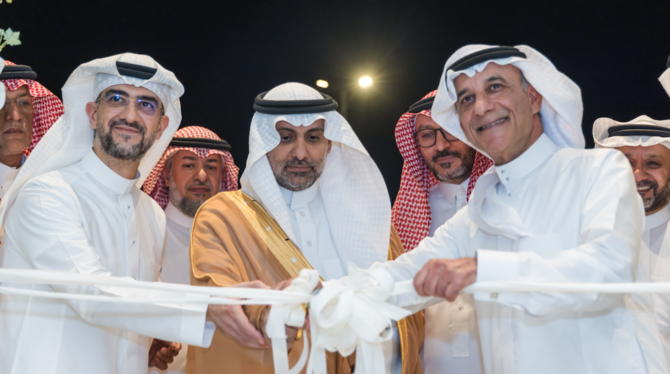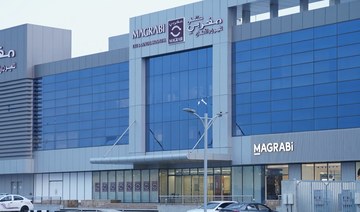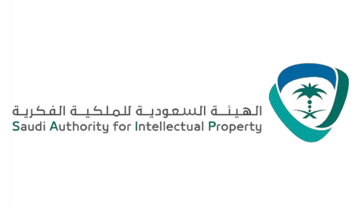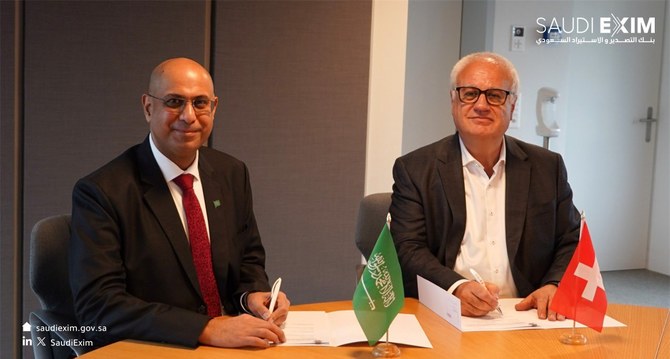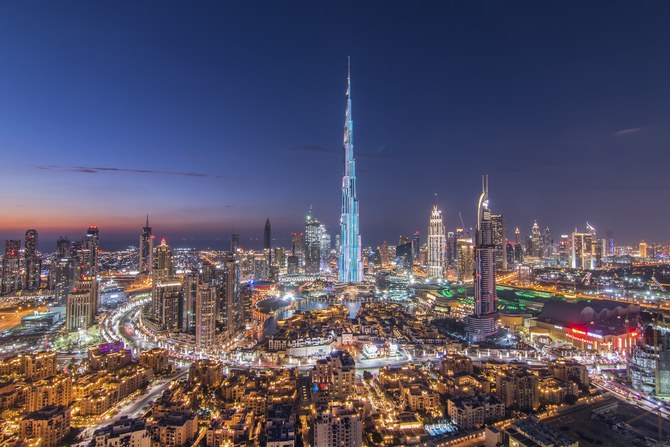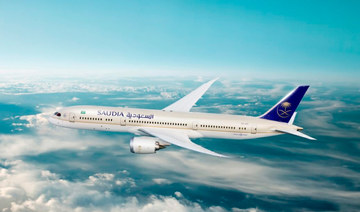Brent crude rose above $63 for the first time in more than seven weeks despite a bearish International Energy Agency (IEA) 2019 outlook that was published shortly before the monthly report from the IEA.
As usual, that highlighted weak demand and rising non-OPEC supply of some 2.3 million bpd in 2020, which is higher than the 1.8 million bpd this year.
The Paris-based organization opined that this would eat from the Organization of the Petroleum Exporting Countries (OPEC) market share and lead to a decline in OPEC’s crude oil output by around 1 million bpd.
However the IEA neglected to report that the US oil and gas rig count continued to fall for the 12th time in the past 13 weeks.
According to Baker Hughes data, the total oil and gas rig count dropped to 806.
Still, Brent crude still continued to hover in a narrow range most of the year trading sideways at around $60 per barrel both prior to and after the Sept.14 attacks on Saudi Aramco oil facilities.
Year to date, Brent crude rose above $70 per barrel only for a short time during April and May and never made it above $80 per barrel, unlike last year.
Oil prices managed to edge higher despite the 2.2 million barrels build in US crude oil inventories, which makes it the 9th rise in US crude inventories for 8 weeks, that added a total of more than 40 million barrels of oil to US commercial inventories, as reported by the US EIA.
The IEA continues to push the thesis that higher US output will shrink the market share of OPEC members and Russia in total oil production.
The timing of this conclusion is very questionable ahead of OPEC’s early December 2019 meeting, as it is premature to conclude that OPEC+ producers will face a major challenge in 2020 as demand for their crude is expected to fall sharply.
The IEA also irrationally emphasized that the market is currently well supplied not only from the US, but also from relatively new growth prospects like Brazil’s offshore fields, and even from older, mature Norwegian fields in the North Sea.
The IEA completely ignores the market’s strong fundamentals. For instance, China’s refining capacity remains historically high at 13.68 million bpd, jumped 9.2 percent, or around 1.15 million bpd year on year, according to data from the China National Bureau of Statistics.
Consequently, China’s crude oil imports surged 1 percent year-on-year to hit a historical high of 10.76 million bpd in October.
Higher demand is further expected as refineries in China will strive to maximize petrochemical yields ahead of the Christmas manufacturing season.
Another market positive downplayed by the IEA is the strength in the physical sour crude oil market, representing tighter supply fundamentals.
Such factors suggest the market may be in better shape than the IEA suggests.
• Faisal Faeq is an energy and oil marketing adviser. He was formerly with OPEC and Saudi Aramco. Twitter:@faisalfaeq



